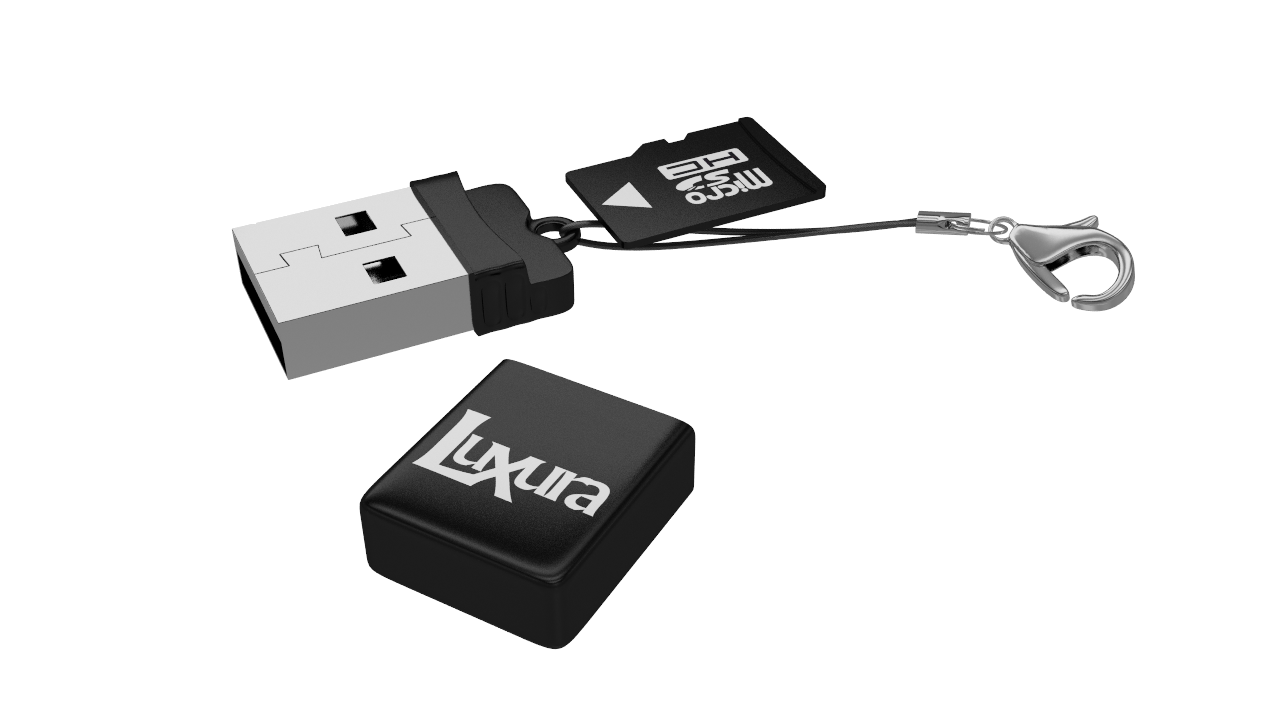
In my case, far too many rock concerts and firearms.
I attribute the major portion of my loss to about a year as a riveter in an airplane factory long before hearing protection was required or even suggested. I also spent more than two years on a twin jet night fighter as the airborne intercept/radar operator with the constant whining of the engines in the cockpit. Firearms and artillery, rockets, and mortars during line duty in Korea also contributed to my loss.
Shortly after my Marine Corps service at about age 25 I could no longer hear well enough in my left ear to use the telephone on that side (I'm left handed so it was a significant loss) and switched to my right ear. In the past 30 years in particular my hearing has taken a nose dive. I rarely use my hearing aids which don't help a lot anyway and also use headphone connections to both my stereo and TV.
It is more likely than not that each of us will, in our lifetimes, be exposed to a malignant narcissist, or a full-blown sociopath at some point during our employment histories. These people are often difficult to "read" until (or, unless) they do something that is blatantly obvious. However, setting strict and strong boundaries is the first line of defense against the games that these people play, and the torment that they will deliberately inflict for their own entertainment or advancement.
#1: Keep it superficial - there is no need to go into a lengthy, detailed history of family, financial, medical, or marital issues. Opening the door to personal information is an invitation for NPD or sociopath to catalogue sensitive personal information for future use. Offering this information also is direct testament to our personal vulnerabilities which these types of people will actively and aggressively exploit for their own purposes. BEWARE of prying questions, "glib" remarks, and excessive flattery!!! Job descriptions and salary information are both OFF LIMITS to other employees, clients, etc.
#2: Speak truthfully - never be tempted to embellish or blow office/workplace events out of proportion, or distort them in an effort to make one's self appear to be "better" than the next person, especially if there is someone who is going out of their way to sabotage you. Speaking truthfully eliminates the urge to explain or defend personal choices or decisions. Keep in mind that truth-telling isn't always pleasant, either, and use caution if truthful speaking may result in harming another person.
#3: Take responsibility - if you make a mistake, don't make something up or pretend that it never happened. Most managers/supervisors who are conscientious will value an employee who is willing to be honest and stand accountable. We all make mistakes, and your mistake isn't going to stop the Earth from rotating on its axis.
#4: NO GAMES - the "he-said-she-said" game is not to be entertained, under any circumstances. Even if someone with an agenda begins spreading rumors about you or another co-worker, say nothing to anyone. The truth usually comes out in due time. Workplace gossip is a serious moral and ethical issue - most rumors and gossip has its roots in malice. Malicious gossip has a negative impact and can become a social addiction - avoid it, at all costs.
#5: NO DEFENSE - you do not need to explain decisions or actions to anyone other than your immediate supervisor. If a co-worker, client, or customer seems to have an unwarranted issue with you, do not entertain any discussion with someone who is placing you on the defensive and refer them to your supervisor. If someone seems to want to argue, walk away without anger, rage, or the feeling that you must defend or explain yourself. Keep this mantra at the forefront: "I can only control myself. I can only change myself. I will not give another human being control over me or my emotions."
#6: BOUNDARIES - even your supervisor doesn't need to know everything about your life. Only in situations of emergency should you provide any personal information to your supervisor unless they have earned your trust. That is to say that your supervisor has demonstrated that they respect boundaries and have shown that they treat everyone fairly, even if they don't necessarily "like" an employee.
#7: CYA File - cover your a$$, at all times. If you are doing your job to the best of your ability and you believe that someone (including a supervisor) has a personal agenda to harm you and your standing, begin taking detailed and OBJECTIVE notes of exact quotes/actions, times, dates, and YOUR reaction (hopefully, there will not be reactions). Keep all log entries objective and truthful, even if the truth doesn't make you out to be a saint.
#8: Sexual innuendo - is OFF LIMITS, period. As little as 15 years ago, sexually oriented remarks, comments, jokes, and opinions in the workplace were tolerated, even if they were inappropriate. Today, people sue for "sexual harassment" on an epidemic level. There is such a thing as "Third Party sexua| Harassment" which translates into someone walking by two people discussing something, in private, that the third party finds completely offensive or objectionable. The people who are speaking in "private" don't even need to be warned that their discussion, joke, or opinion is offensive for this law to be enforced.
#9: Workplace Romance - can result in catastrophe for all parties involved. Use some common sense and wisdom, and avoid all temptations to engage in workplace romances, and especially affairs with married or "committed" coworkers. Nobody wins in these situations.
Add This Forum To Your Favorites!
Forum Stats:
forum viewed 244,601 times
316 messages
83 topics
topics per page limited to: 8
average number of messages per page: 32
10 pages
CureZone Newsletter is distributed in partnership with www.netatlantic.com
Copyright 1999 - 2024 www.curezone.org